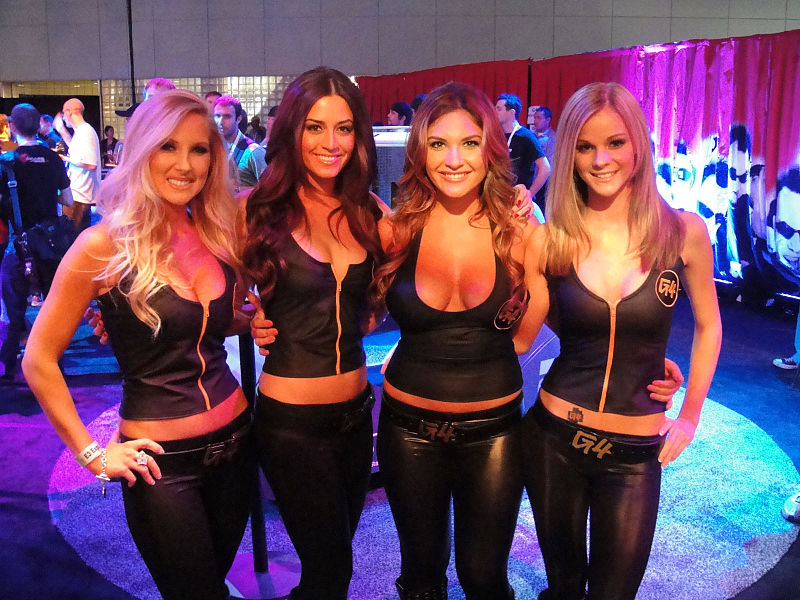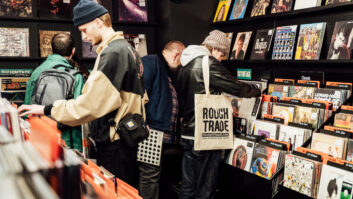
The site of women dressed in often revealing or provocative clothing wandering around a trade show floor handing out leaflets, posing for photographs and the promise of beer is something that has historically been synonymous within B2B.
In an industry, which remains more than 80 per cent male dominated, the use of women to attract (lure) business men to a manufacturers stands, seems like an obvious one.
But could such methods be stalling progress in attracting women to pursue a career in the tech industry?
Imagine working in your company’s booth and being dismissed simply because people assume you are hired talent
Megan Dutta is a tech journalist and co-founder of the Women in Digital Signage group. She argues that such methods by manufacturers are degrading for women working in the AV industry and have no place within a business environment.
“For the most part, I’ve been treated as an equal, but this is not to say that’s always the case for me or other women,” Dutta explained reflecting on her own experiences. “There is definitely an inherent bias when it comes to being a female in the industry.
“CES still allows exhibitors to have booth babes. As I like to say, this is not a car show, it is a professional tradeshow. Having women in skimpy outfits to attract visitors is off-putting for most women. It also degrades female tech experts.
“Imagine working in your company’s booth and being dismissed simply because people assume you are hired talent. That’s a story I hear over and over again, and we need to change. I am proud to have been a part of the InfoComm Exhibitor Committee where we worked with AVIXA staff to create a professional dress code for exhibitor.”
Madeleine Vining, an AV technician at the Royal Society of Medicine in London, agrees –adding she has been surprised by the attitudes from other men in the industry towards her.
“When you go to different events and tradeshows and the stands are filled with ‘booth babes’ and women are seen as things and not taken seriously, it leaves a bad taste.
“Sometimes I can be with another male colleague and another male will speak to us, but won’t make any eye contact with me or address me during the conversation as if I’m not worth their time. If there were more females in the industry, I’m sure that attitude would change.”
To read full and extensive coverage on the subject of gender diversity, in the upcoming issue of AVTE magazine, please sign up to receive your complimentary copy (in digital and print) today. Click here for details.







